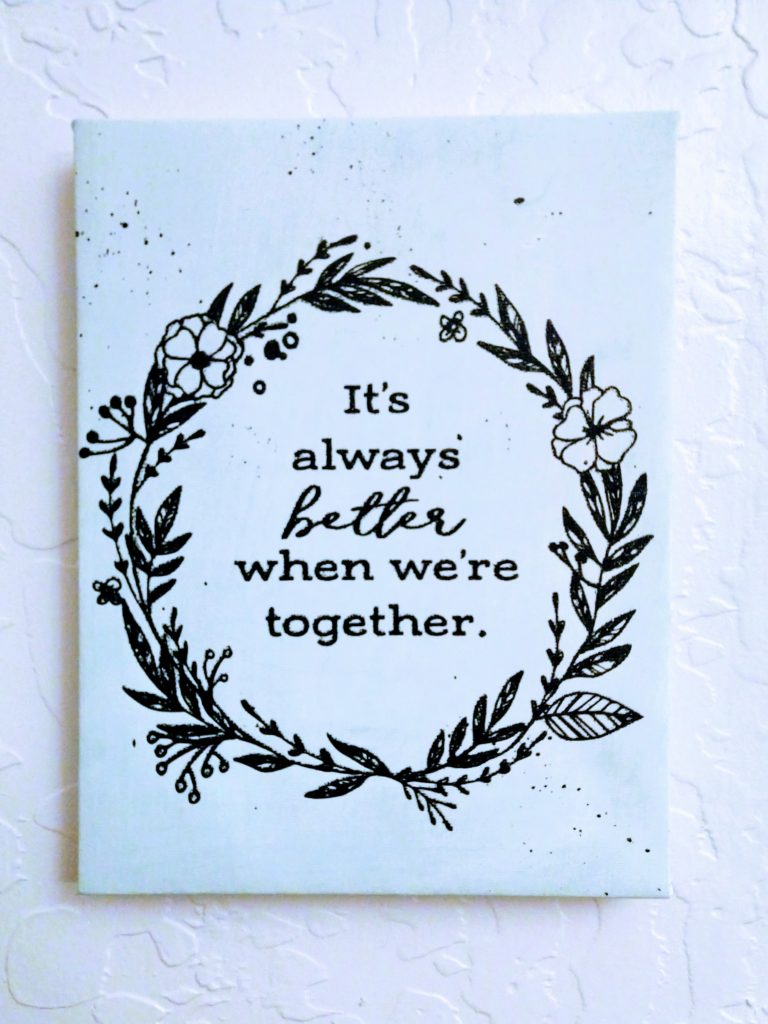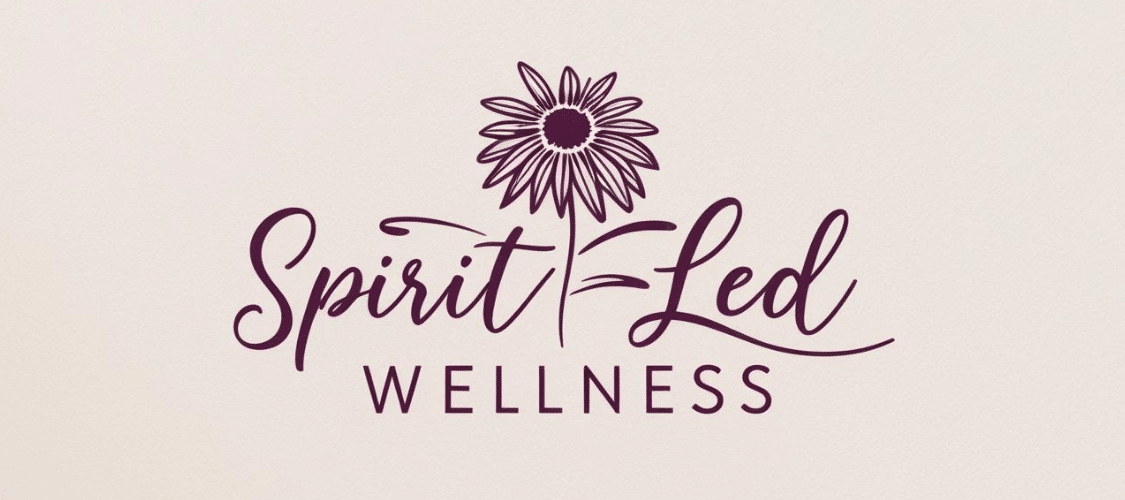My Food Fight
An old Cherokee legend teaches that “whatever you feed grows.” Emotional eating is about feeding fear. Well, I am human and imperfect, and I admit that I sometimes turn to food for comfort instead of nourishment. I do this more often than I would like, but much less often than before I found healing. Now, instead of using food as the primary way to soothe my negative emotions, I mostly seek comfort in Jesus.
Before I changed my lifestyle, the kinds of foods that I sought for comfort were sweets, like ice cream and chocolate. Today, I still sometimes eat emotionally, but the way I do so now is different. I eat things that are comforting, but nutritious at the same time. I understand that I have the power to make choices, and I love myself enough not to engage in chronic destructive behavior.
Now my comfort foods are boiled red potatoes with a touch of grass-fed butter and fresh herbs, medjool dates stuffed with almonds, and crunchy rice crackers with lemony guacamole. When I eat comfort foods, my portion sizes are reasonable. To me, this is a miracle! I never thought I would be able to eat one serving of anything that tasted good without obsessing about how much I wanted to eat more.
How is this recovery possible? My faith was and continues to be the foundation of my healing. The Spirit gave me the awareness that I struggled with food when I was an early teenager. I admitted my powerlessness to myself and God in my mid-twenties, and then I found acceptance. By my late twenties, I was able to take different action and seek new ways of living.
Why did I crave sweets before? Eating sweets helped distract me from something bitter going on in my life. When I was lost in the bliss of something decadent, I didn’t have to feel. I could numb fear, anger (a cover for fear and hurt), shame, and loneliness.
Unfortunately, food is a temporary fix for pain. It never really soothes or satisfies. Similar to the “high” that drugs bring (so I have heard), more and more food is required to feel good. As a child, I would go back for seconds even when I wasn’t hungry. I would eat more even if it made my stomach ache. I would experience shame for my glutinous behavior, and this shame would make me want to eat more.
In my late teens, a fear of being unwanted and unloved by my boyfriend led me to shift my behavior from overconsumption to restriction. Instead of filling up with food until I was past full, I became obsessed with limiting food. I watched every calorie, and when I ate the “wrong” thing (which I thought was all of the time), I punished myself with intense workouts.
At that time, I confused approval for love, and I sought my boyfriend’s approval at every turn. My people-pleasing nature led me down an unhealthy path. I made my boyfriend my God. When I ate “healthy” foods and killed myself with workouts, my boyfriend expressed approval. When I ate sweets and wanted to have a day to veg, he offered criticism and disapproval. I was with him for six years (into my early twenties). I didn’t recover from my disordered eating until my late twenties.
I am now thirty-five. So, my journey has been long, but I have learned a lot. I learned that even when I restricted food, it still had power. Whether over or undereating, I was obsessed. The physical actions were not the root of the problem, nor was it my mental obsession. I was spiritually sick. I was stuck in self-will and trying to do this life all on my own effort. I wasn’t tapping into a higher power.
By leaning on a God of my own understanding, I have learned to let go of the things outside of my control (which is a lot). As a result, the grip that food had on my mind and spirit has loosened. Instead of avoiding or numbing my tough emotions by controlling food, I lean into feeling my emotions. I have only been able to do this through the support of a loving God that I have experienced more intimately by connecting with others. He moves me toward community and relationships. He shows up through people, and this has taught me that healing doesn’t happen in isolation. I can’t “pull myself up by my bootstraps” and find wellness. Wellness happens together, which reminds me of a sign that a dear friend gave me.


2 Comments
Paula
Praise God he is good always! Good seed!
Shannon
Thanks for reading and for your support! ❤️